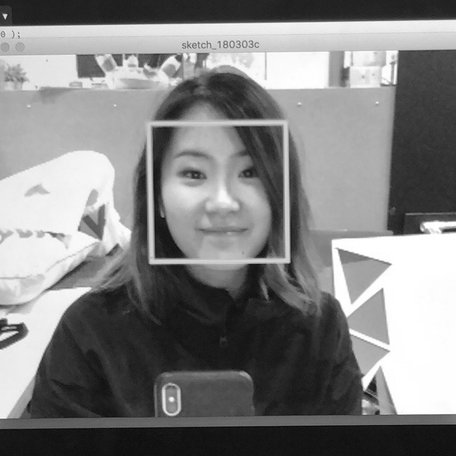
Design affordance for the ubiquitous computing environment
Ubicomp is characterized by small, networked, computing devices that are carried or embedded in the world around us. These devices usually involve smart sensing and machine learning technologies. With the increase of smart-home and smart-city infrastructures, our everyday life is increasingly informed, influenced, and mediated by this technology. Nevertheless, as the mass assemblage of various entities, dynamic connections, and events, ubicomp is a hypercomplex system that is moving beyond the realm of being completely understood and controlled by the people who use it.
To address this complexity, current ubicomp experience/interaction design exploration in the industry concentrates its efforts on designing self-explanatory AI, developing smooth natural-language user interfaces, and mapping out information structures in graphic-user-interface to offer user control, etc. In general, these approaches have inherited the conventions of traditional product design thinking, which regards ubicomp products and services as a static system in which the interaction is defined a priori and whose behaviors can be explained based on the preset chains of cause and effect. Today’s ubicomp behaviors are rather emergent. The embedded algorithm continues to evolve based on the volatile database, together with the pervasive multi-model sensing networks; the so-called causes and effects are simply anything that happens in the environment.
This design research explores how to improve the experience of human in the ubiquitous computing environments, where their activities take place. I argue that the most fundamental question of the challenge is how to design for affordance in ubiquitous environments. Therefore, my design research first aims to explore how this affordance emerges in human-environment interactions, whether a model can be developed and abstracted to describe it? How can we develop a research methodology to examine and test the affordance? And most importantly, how can we apply this model to the design of ubiquitous systems that ultimately provide a better experience for people.
Key details
School, Centre or Area
Area of expertise
Supervisors
Personal links
More about Zifei
Degrees
MA Media Design Practices, ArtCenter College of Design, 2019